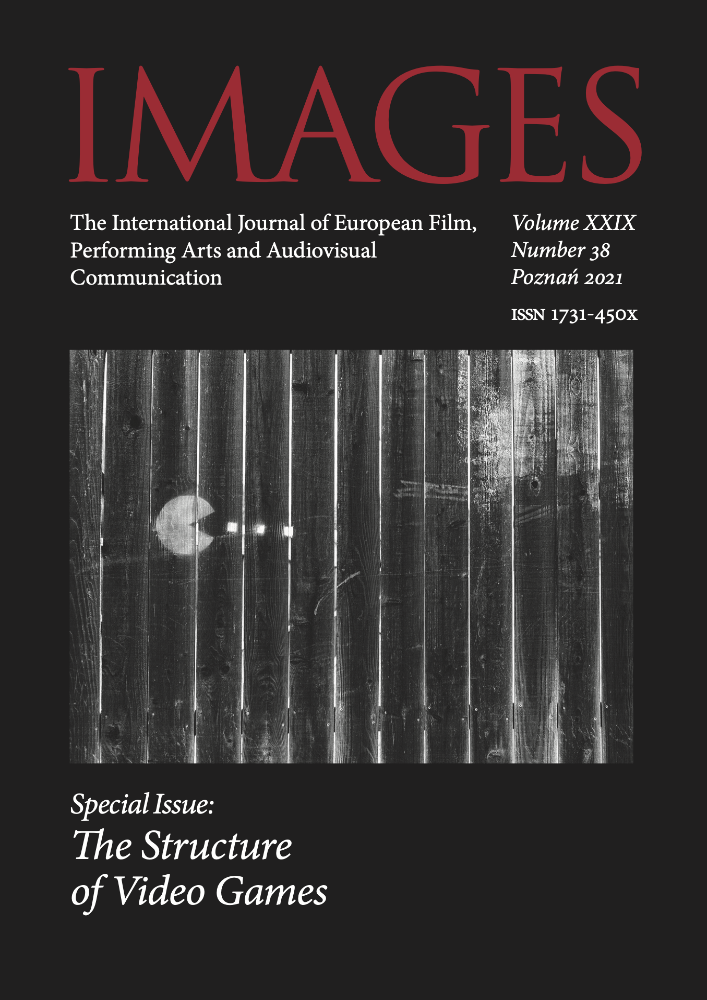Abstrakt
In the art of the 20th century, space became the basic material. Today, digital media and VR and AR technologies are used to cross the visual and space barriers, but always at the expense of experiencing reality. The spatial turn in culture results from the post-avant-garde ideas of art that cuts itself off from ancient art. Using the example of the fresco by Andrea del Pozzo from the Sant’Ignazio church in Rome, we will show analogies between baroque illusionist painting and digital visual media. It turns out that contemporary art arrives at the space issues that have been practiced in architecture and art since antiquity. The space created by painting illusion as a total work of art exhibits many features of contemporary art and the phenomena of VR and AR such as intermediality, immersion, interactivity. Spatial turn arguments can be used to enhance the potential of classic painting language in architecture.
Bibliografia
Baciu C., The Role of Education in the Era of Virtual Reality and AI, Baciu, Ciprian 2016, <https://www.researchgate.net/publication/295405565_The_Role_of_Education_in_the_Era_of_Virtual_Reality_and_AI10.13140/RG.2.1.2140.0082>, accessed: 7.01.2020
Drozdowicz P., Malarstwo w architekturze współczesnej – unpublished doctoral dissertation, Uniwersytet Artystyczny w Poznaniu, Poznań 2014
Empire of the Eye: The Magic of Illusion-Sant’Ignazio’s Ceiling, p. 4, 0`58``–1`45``, <https://www.youtube.com/watch?v=YBaUC4ZBQVs>, accessed: 3.01.2020
Foucault M., O innych przestrzeniach. Heterotopie, transl. M. Żakowski, „Kultura Popularna” 2006, no. 2 (16), pp. 7–14
Gombrich E., Sztuka i złudzenie: o psychologii przedstawienia obrazowego, Warszawa 1981
Karpowicz M., Działalność artystyczna Michelangela Palloniego w Polsce, Warszawa 1967
Krier L., Architektura wspólnoty, Gdańsk 2011
Leonardo da Vinci, Traktat o malarstwie, transl. M. Rzepińska, Wrocław 1961
Mączyńska-Frydryszek A., Jaskólska-Klaus M., Maruszewski T., Psychofizjologia widzenia, Poznań 1991
Stoga A., Malowidła Macieja Mejera w Świętej Lipce i ich znaczenie w sztuce polskiej XVIII w., „Komunikaty Mazursko-Warmińskie” 1993, pp. 519–527
Światek G., Gry sztuki z architekturą, Toruń 2013
Zawojski P., Elektroniczne obrazoświaty. Między sztuka a technologią, Kielce 2000
Zawojski P., Wewnątrz obrazów. Immersja zamiast iluzji? [in:] Przestrzeń sztuki: obrazy – słowa – komentarze, ed. M. Popczyk, Katowice 2005
Licencja
Prawa autorskie (c) 2021 Piotr P. Drozdowicz

Utwór dostępny jest na licencji Creative Commons Uznanie autorstwa 4.0 Międzynarodowe.

